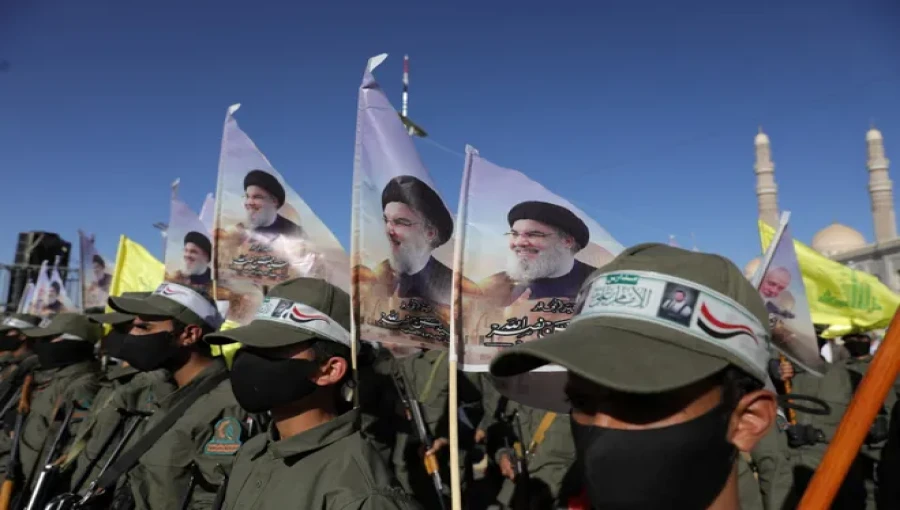
Photo: Collected
U.S. B-2 bombers conduct precision strikes on Houthi weapons caches in Yemen, targeting facilities linked to attacks on shipping routes in the Red Sea. The operation, ordered by President Biden, aims to degrade Houthi capabilities amid escalating regional tensions.
New York, Oct 18, (V7N) - In a marked escalation of military operations in the Middle East, U.S. B-2 bombers conducted precision strikes on weapons caches belonging to Houthi rebels in Yemen. This operation, which occurred late Wednesday, is notable as it represents the first use of the stealth bombers against the militia. The strikes were ordered by President Joe Biden and aimed to further degrade the Houthis' capability to launch attacks on commercial and military vessels in the Red Sea.
U.S. Defense Secretary Lloyd Austin stated that the use of the B-2 bomber demonstrates the United States' ability to target deeply buried or fortified facilities. The operation specifically targeted five underground weapons storage sites in Houthi-controlled regions, with no immediate reports of casualties.
The Houthis have a history of sporadic attacks on ships in the Red Sea, which have surged since the onset of the ongoing conflict between Israel and Hamas. These attacks are often framed by the Houthis as acts of solidarity with Hamas, which is also supported by Iran.
In tandem with the U.S. actions, Israel's military reported the killing of Yahya Sinwar, a top Hamas leader and architect of the October 7 attacks that resulted in the deaths of approximately 1,200 Israelis. Israeli officials have indicated that Sinwar’s death could open pathways for negotiating the release of hostages held by Hamas.
Israeli Defense Minister Yoav Gallant commented on the operation, emphasizing that Israel would continue to pursue its enemies relentlessly. The killing of Sinwar has been celebrated by families of hostages, who have expressed hope that it may lead to a diplomatic resolution for the release of those still held captive.
The ongoing violence has drawn international concern, with the European Union's foreign policy chief criticizing the U.S. for its timeline regarding humanitarian conditions in Gaza, warning that the situation could deteriorate further.
In related news, a German warship involved in a UN peacekeeping mission in Lebanon intercepted a drone, highlighting escalating tensions between Hezbollah and Israel amid cross-border conflicts.
Wider Implications of U.S. and Israeli Actions
The U.S. strikes against the Houthis mark a significant shift in policy, indicating a more robust response to their destabilizing activities. Analysts suggest that this may not only deter Houthi aggression but also serve as a warning to Iran, which supports both the Houthis and Hamas.
The conflict has roots in the broader regional power struggle, with Iran backing multiple militant groups. The potential for these conflicts to escalate further raises alarms regarding the stability of the Middle East and the security of U.S. allies in the region.
As the situation evolves, military and diplomatic responses from the U.S., Israel, and their allies will be closely monitored, with implications for the future of the region’s security landscape.
END/NYC/SMA/

Comment: